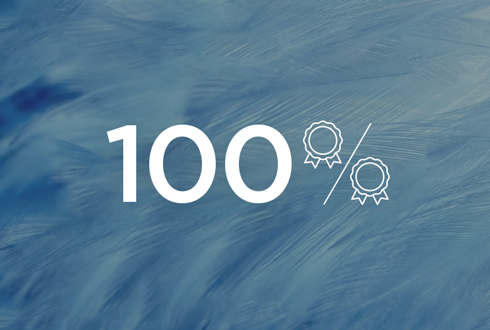Animal Welfare
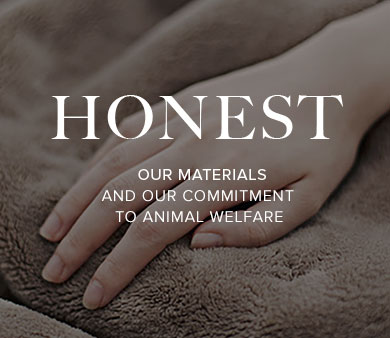
Our commitment
At UGG® we create responsibly-made products featuring materials that are authentic, high quality, comfortable, and durable. This includes ethically-sourced sheepskin, leathers, suede, wool, down, cotton, and hemp. We are committed selecting our materials with intention and care, which includes monitoring animal welfare standards and better understanding our environmental impact. We seek to bring transparency to the materials used in our products and share what we are doing to ensure animal welfare standards are respected and our environmental footprint is mitigated. We want to be honest about the challenges we face, and what we are doing to meet them – from setting targets to embarking on collaborative partnerships to make our supply chain as robust as possible.
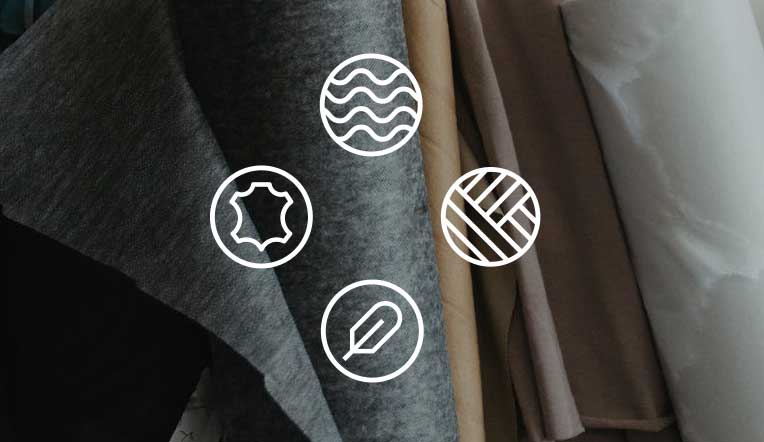
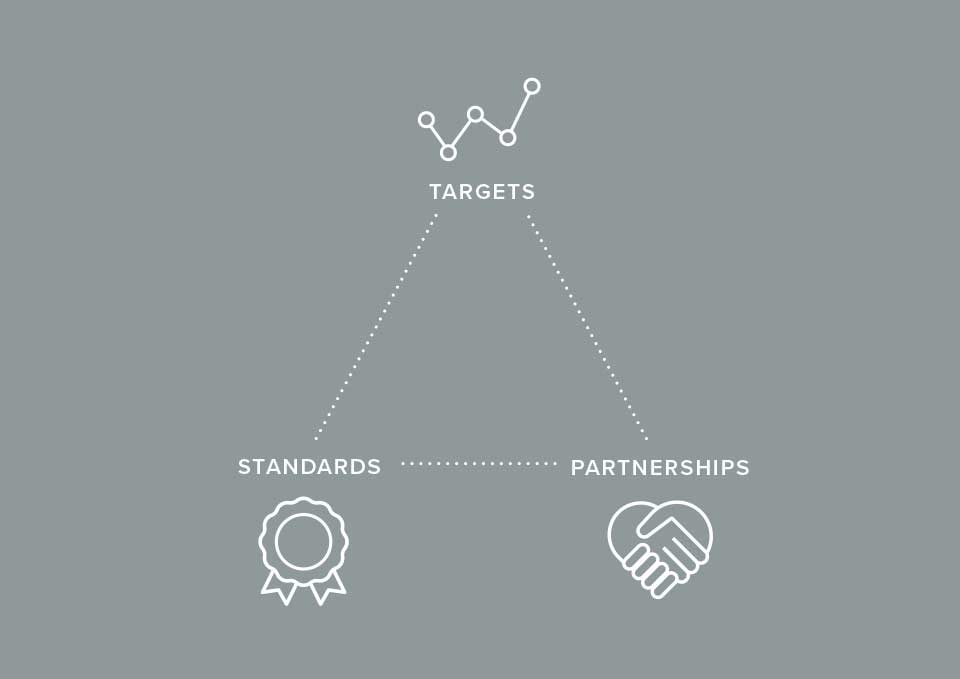
Animal welfare
UGG is committed to empowering you with information on the materials that go into our products, particularly animal-based materials, and drive confidence in our commitment to ensuring a responsible supply chain.
Our requirements
UGG only purchases animal materials from suppliers that comply with our strict ethical sourcing and animal welfare policy which you can find here. 100% of our suppliers must verify their compliance with our Animal Welfare Policy on an annual basis.
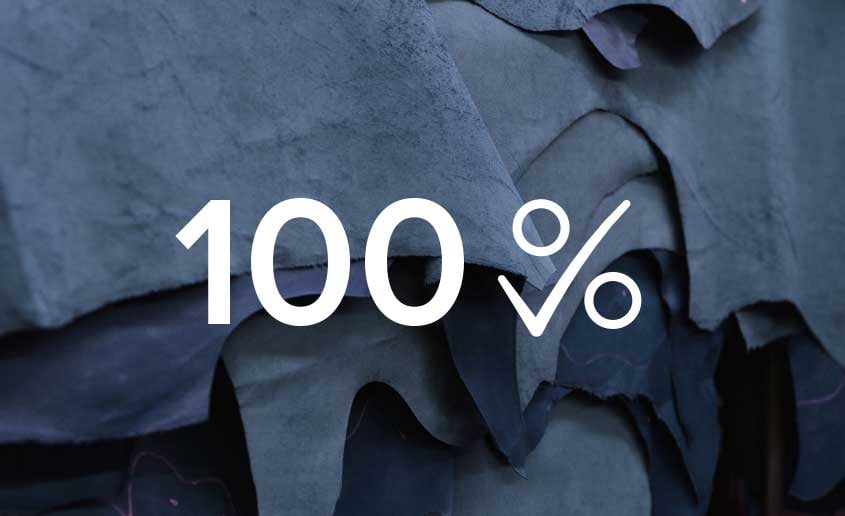
For us, it is essential that all animal-based materials we use are sourced from animals that have been raised humanely using sound animal husbandry. This means our suppliers are required to respect and uphold the Five Freedoms, an internationally-accepted welfare standard for livestock. This assures that animals are free from hunger and thirst, discomfort, pain, fear and distress, and are free to express most normal animal behaviours. We never accept hides that have come from animals who have been solely raised for their hide, or from animals who have been raised or slaughtered inhumanely. We also do not use wool from mulesed sheep and stand against the practice of transporting live animals overseas.
We do not source animal hides outside of our permitted animal hides list in order to ensure our animal-based hides are food industry by-products, are never derived from endangered or vulnerable species, and are never sourced using inhumane methods. This means we never use exotic skins, domestic or feral cats and dogs, angora rabbit, or rabbit hair. We will also not use any Alpaca as of Fall 2023 season.
We do not believe in the exploitation or killing of animals solely for the purpose of their fur. This means that we do not use pelts or fur from wild or domestic animals that were killed solely for their hide (for example mink), and instead only use the by-products hides from animals that were raised for the food industry.
As part of our wider sustainability program, we also research and develop viable alternatives that answer the performance needs of our products and the demands of consumers to deliver material innovation and choice.
Five Freedoms:
Free from Discomfort
Free from Pain
Free from Distress
Free from Fear
Free from Hunger
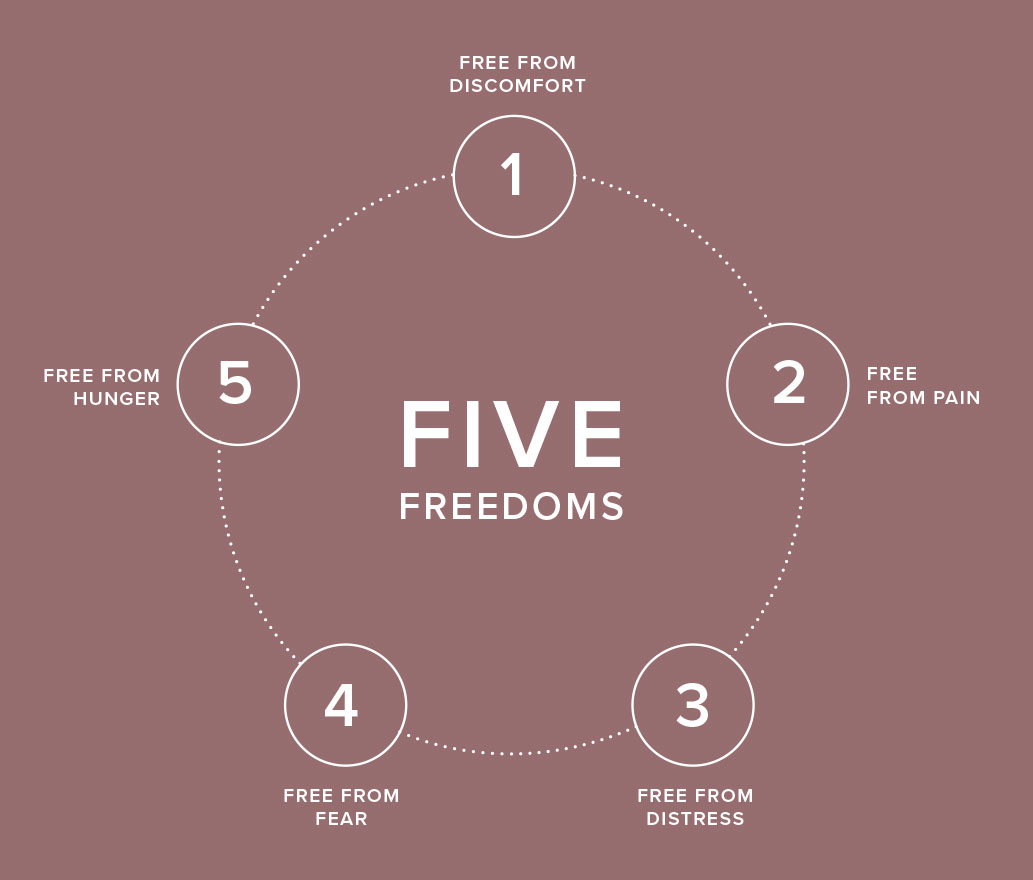
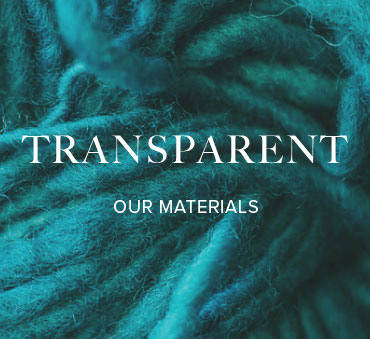
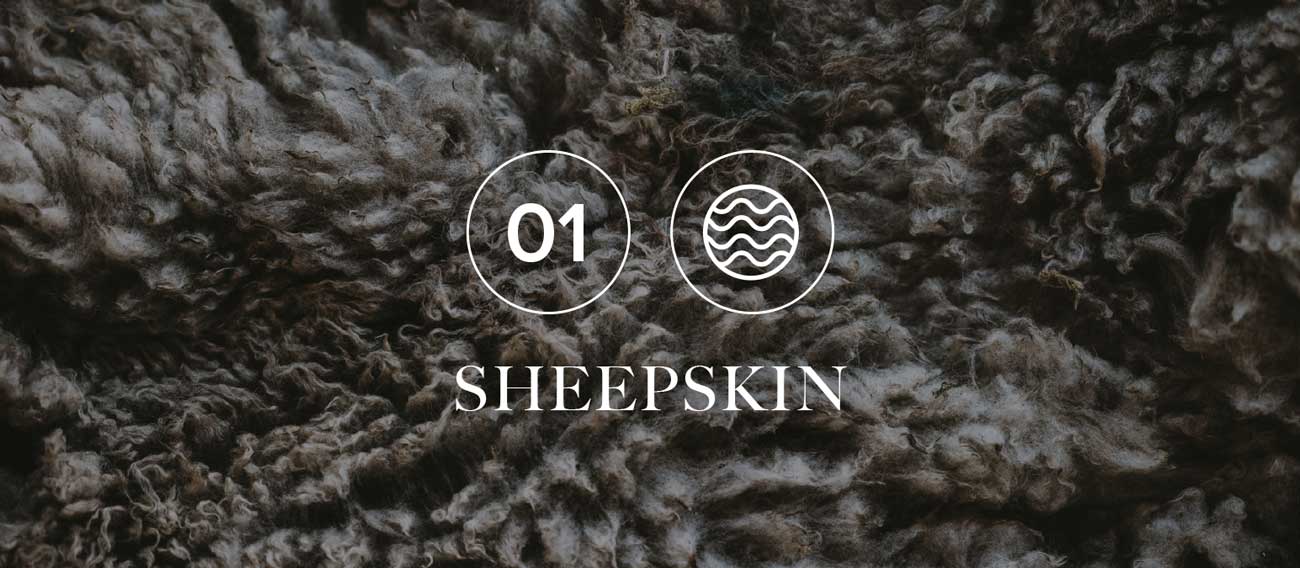
We only use the finest grade-A Twinface sheepskin in the world, putting each sheepskin through an extensive process to ensure it provides our signature UGG experience.
THE CHALLENGE
We need to understand where our sheepskin originates from to avoid areas known for animal rights abuses, ensure that we are sourcing from reputable suppliers, and ask those suppliers to certify compliance with our policies.
There are two kinds of sheep farmers: farmers that raise sheep for their wool and farmers that raise sheep for food. The sheepskin used in UGG products come from farmers who raise sheep primarily for food.
The cycle works like this: the meat industry purchases animals from a farmer, the tanneries purchase hides directly from the meat processing facilities, and we buy directly from those tanneries. For the farmer, approximately 98% of the value of the sheep is derived from selling the meat, and 2% is derived from the sheepskin itself*.
In short, the key challenge is influencing farm-level activities when there is not a direct relationship with the farmer.
*According to the American Sheep Industry Association
WHAT WE ARE DOING
In support of countries that regulate the treatment of animals, UGG only sources sheepskin from the following countries: Australia, United States, Ireland, the United Kingdom, and Spain. UGG does not source sheepskin from sheep raised in the Middle East, North Africa, or countries that do not have animal welfare standards.
We can trace 100% of our sheepskin back to the processing facility and over 97% of our sheepskin is currently sourced from Leather Working Group certified tanneries. Our goal is for this to be 100% by 2022.
Although all our hides are sourced as by-products from food producers and then purchased directly from tanneries, we want to ensure that responsible standards have been upheld as far back as we can, including at the farm level. For this reason, we have embarked on a regenerative farming partnership with Savory Institute to support responsible and restorative land stewardship. The Savory Institute helps farmers move towards restorative solutions that can help heal the land and increase resistance to climate change by regenerating topsoil, improving the water cycle, and enriching the ecosystem by increasing biodiversity.
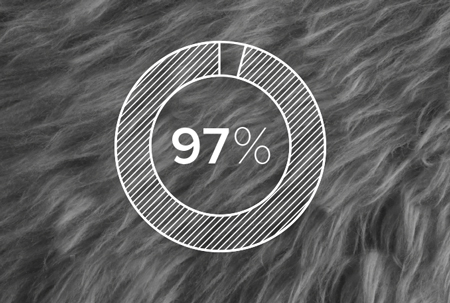
97% of our sheepskin is currently sourced from Leather Working Group Certified tanneries.
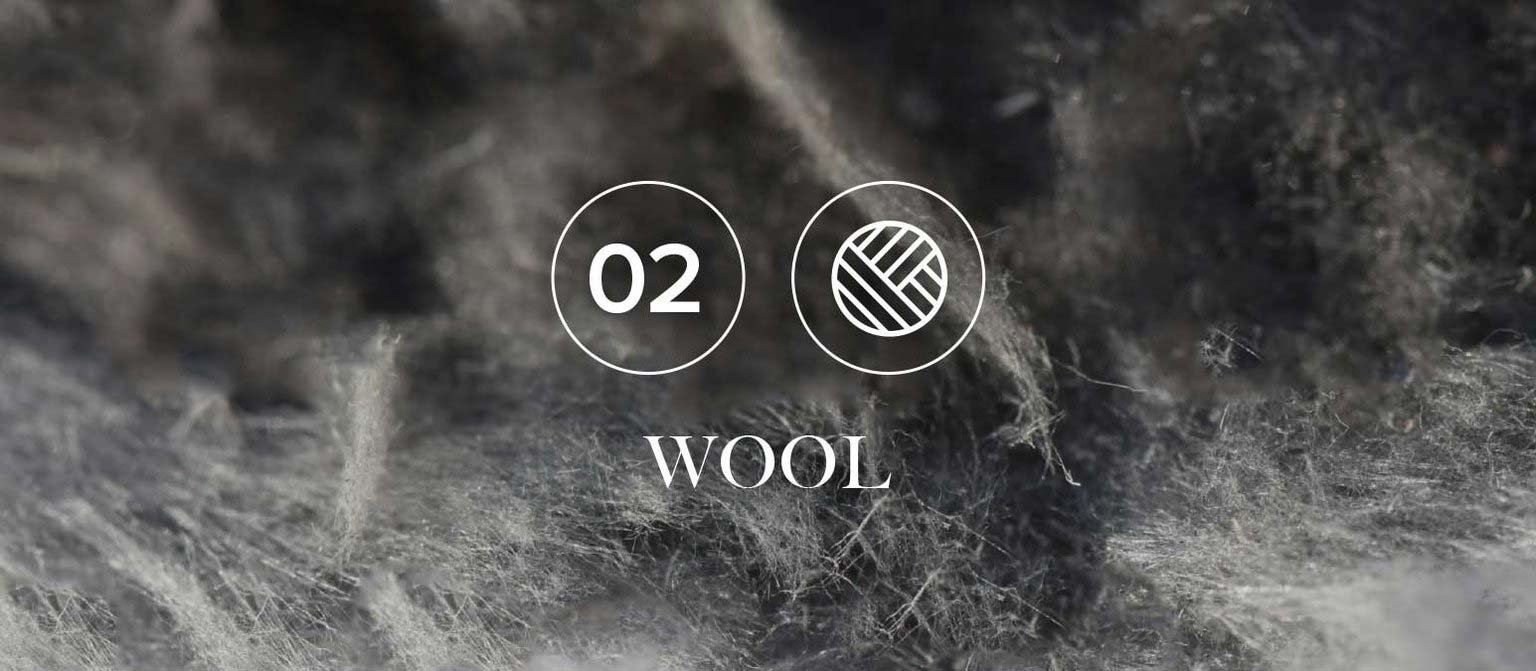
UGGpure® is a proprietary technology we developed using repurposed wool on a textile backing, and this can be found lining many of our boots.
We became a founding member of the Responsible Wool Standard (RWS) International Working Group in 2015. We joined other brands, animal welfare groups, farmers, and supply chain members along with the Textile Exchange to develop the Responsible Wool Standard – a global standard to protect animal welfare, influence best practices, ensure traceability, and ultimately give consumers clear and trustworthy information which can help guide their buying preferences.
Recognizing that there was not a lot of RWS certified wool available in the supply chain, we wanted to do our part to spearhead industry change. We supported the Responsible Wool Kick Start Program, a program helping smaller farming operations become RWS certified to get more certified wool into the supply chain.
UGG is now a leader in the use of preferred wool, partly for its UGGpure™ technology which primarily uses repurposed wool, having been ranked by Textile Exchange as the top user of preferred wool against 111 other global brands. The repurposed wool used in our UGGpure™ technology comes off the hide used to make our twinface sheepskin products - a live animal is not being sheared. Over 98% of our wool is repurposed in this way. Less than 2% of the wool used by UGG is virgin wool, and we have publicly committed to either eliminate our use of virgin wool entirely or ensure it is RWS certified by 2022.
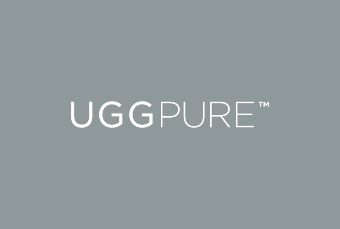
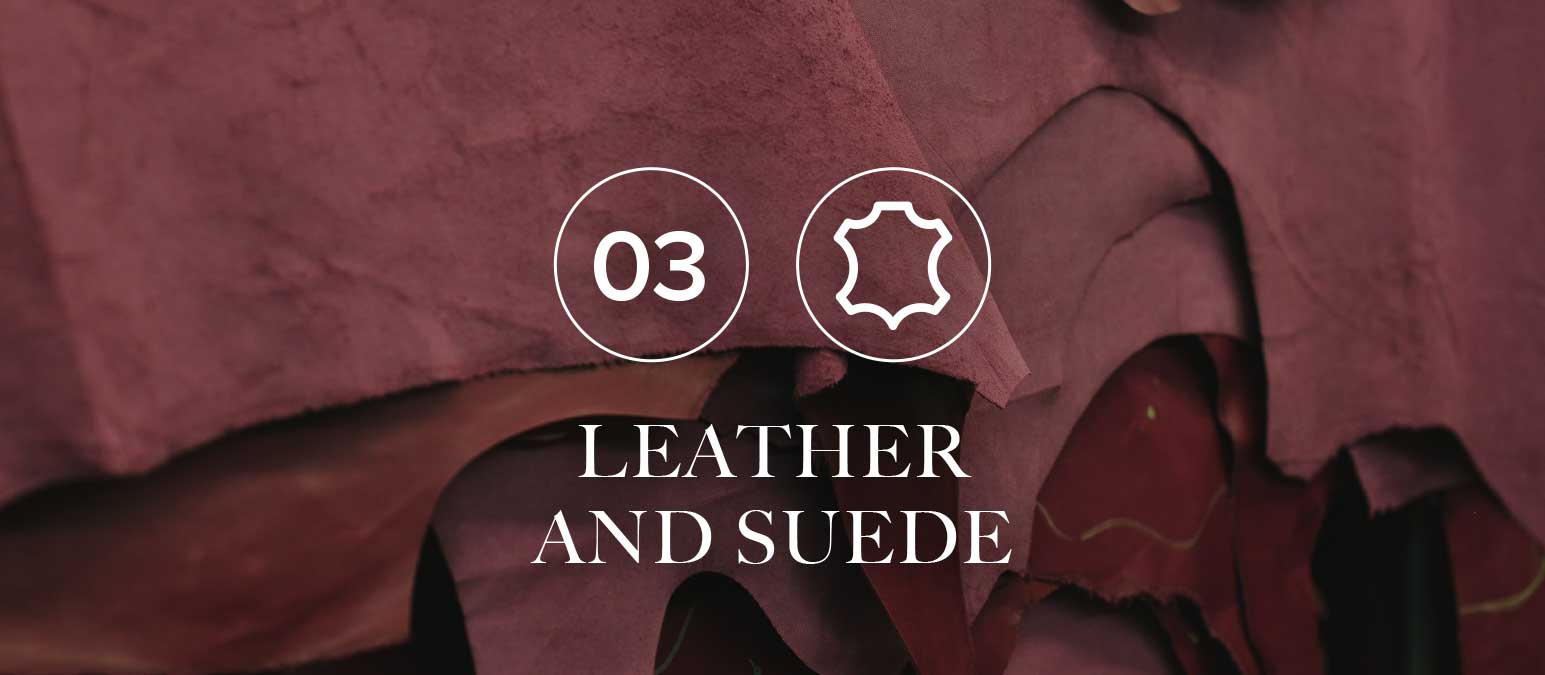
We are part of the Leather Working Group’s Animal Welfare Group, prioritizing efforts to enhance traceability and risk mapping to assure animal welfare standards.
THE CHALLENGE
We need to understand where our leather and suede originates from to avoid areas known for animal rights abuses, ensure that we are sourcing from reputable suppliers who demonstrate a commitment to the health of our planet, and ask those suppliers to certify compliance with our policies.
The cycle works like this: the meat industry purchases animals from a farmer, the tanneries purchase hides directly from the meat processing facilities, and we buy directly from those tanneries.
In short, the key challenge is influencing farm level activities when there is not a direct relationship with the farmer.
WHAT WE ARE DOING
It is essential that our leather materials are derived from responsible sources in relation to both animal welfare and the environment. As we are concerned about the threat of deforestation, we require all tanneries supplying finished leather (cattle hides) originating from Brazil to provide a Leather Working Group audit report demonstrating for this country of origin a 100% traceability to the processing facility, including the date of processing. The tannery must also obtain a certificate from the respective processing facility attesting they have a monitoring system in place to ensure the cattle are not sourced from farms with deforested areas, involved in rural conflicts, with labor analogous to slavery, or involved in the invasion of indigenous and protected areas.
We are also part of the Leather Working Group’s Animal Welfare Group. This group prioritizes efforts around traceability, slaughter protocols, assurance schemes and risk mapping.
We can currently trace over 97% of our leather to country of origin, and over 93% to processing facility. We are working to constantly increase this number with the ambition of assuring full traceability in our supply chain.
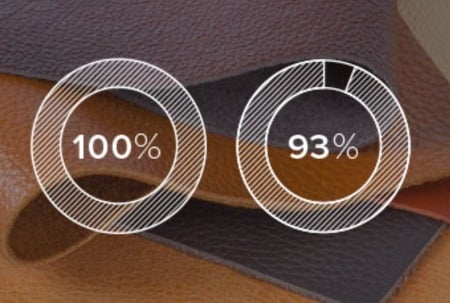
We can currently trace 100% of our leather to country of origin, and 93% to processing facility.
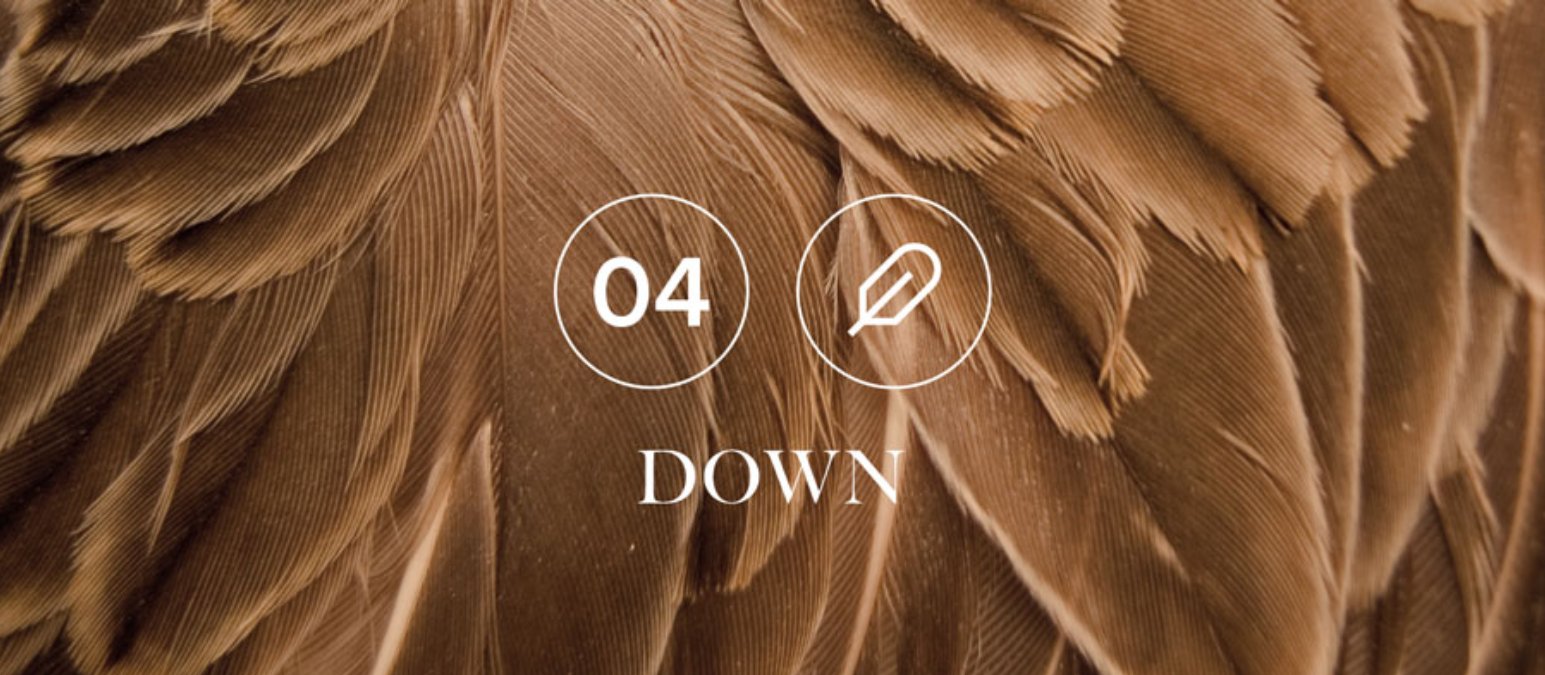
100% of the down we source is certified by the Responsible Down Standard, meaning that the Five Freedoms of animal welfare are upheld.
THE CHALLENGE
The down industry has been linked to inhumane farming methods including live-plucking and force-feeding, so it’s incredibly important to make sure any down we use is responsibly-sourced. For this reason, we have strict requirements for our suppliers of down.
WHAT WE ARE DOING
All down sourced by UGG must be RDS (Responsible Down Standard) certified, which means our down is sourced from suppliers who commit to upholding the Five Freedoms of animal welfare, and it is sourced without live-plucking and force-feeding.
We had aimed to reach 100% RDS certified down by 2022, but managed to achieve this two years ahead of schedule.
